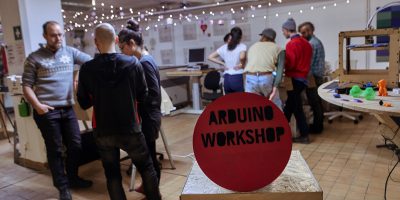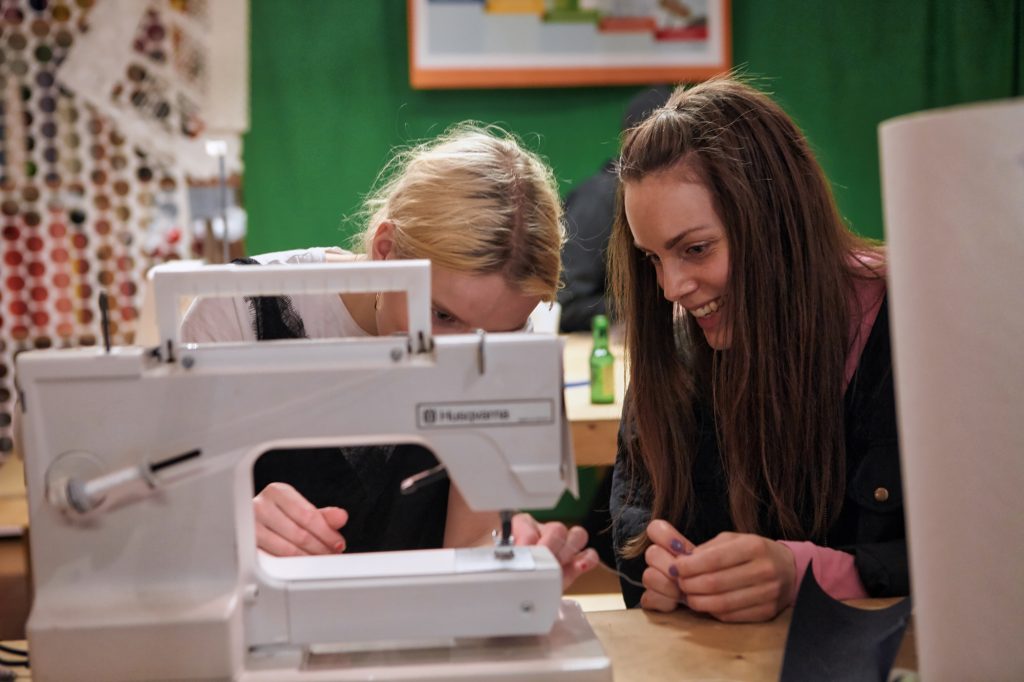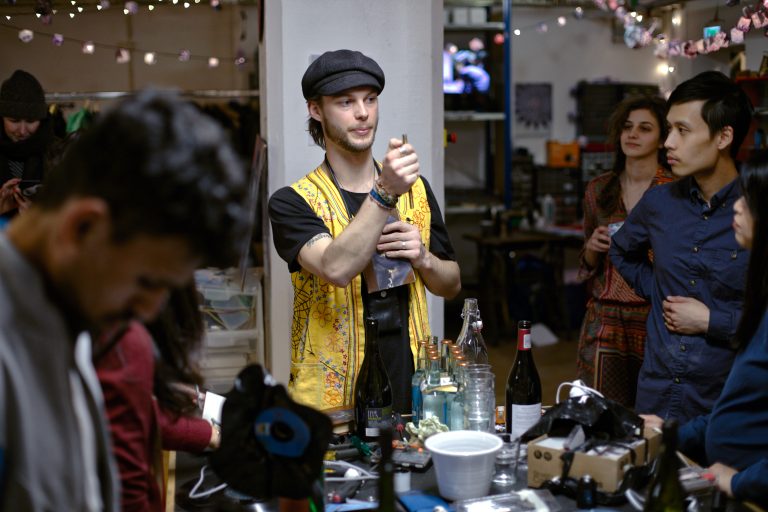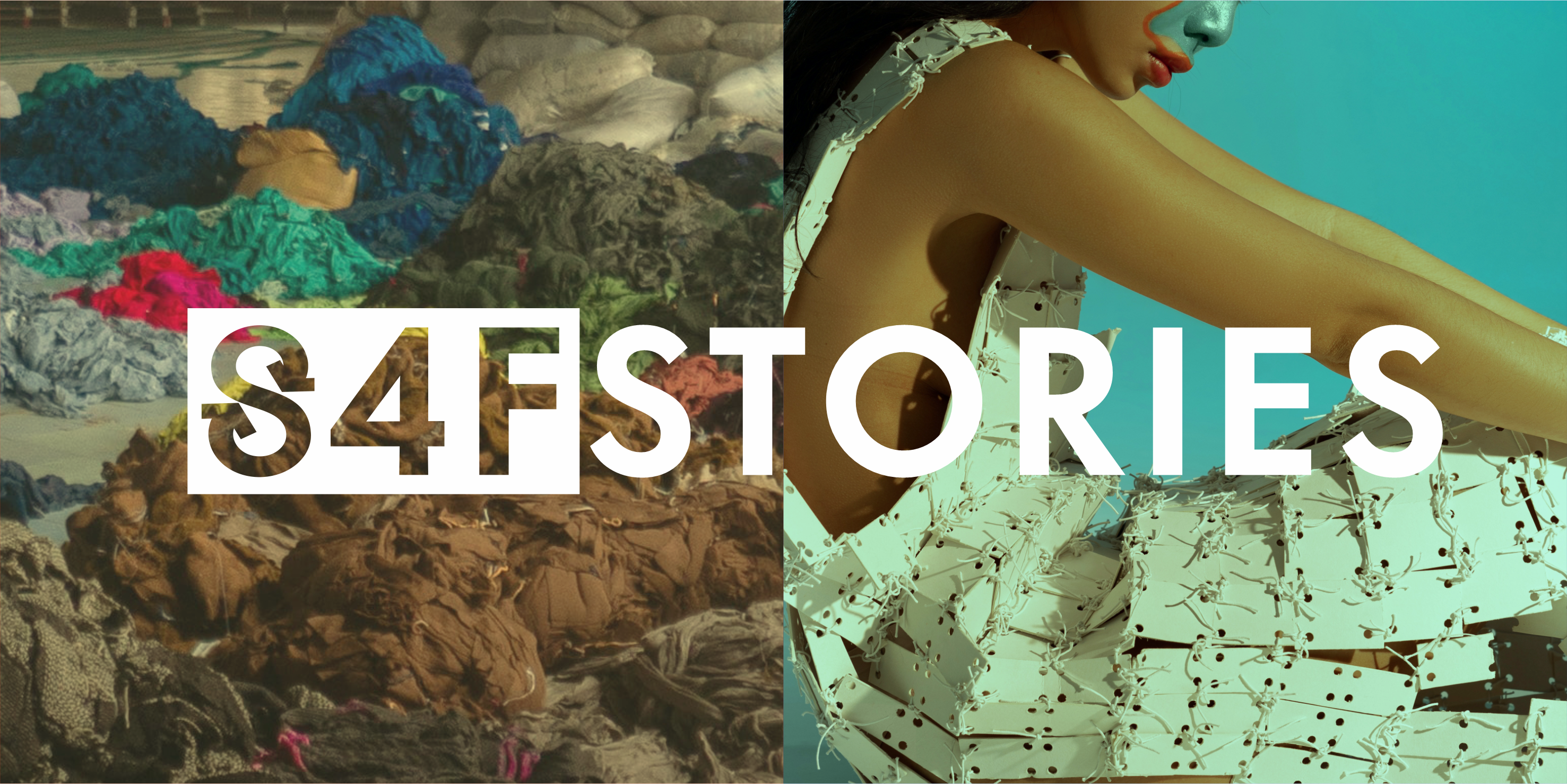STPLN is a hybrid creative hub composed of different workshops and multifunctional rooms, from wood and metal workshops, a fablab, a foodlab, a textile and screenprinting department, a darkroom and more, we host numerous artists and makers throughout the year working on developing their own concepts. Many of these concepts are sustainability projects, or at least have sustainability as a key gene in their DNA. Some examples from this last strange year include a chef trying to put worm-tacos on the mass menu, a peanut vending machine designed to teach birds how to pick up cigarette butts from the street and a garment repair and redesign workshop. All of the projects are led by fascinating brilliant characters and for lack of better words: they just make a lot of sense.
Why do you support circular/sustainable fashion?
Because the shopping habits of Gen Z consumers are looking promising, with a big focus on transparency, sustainability and activism. Shifts in the way the internet is utilized and the notions of decentralization mean that creators can reach and develop a micro-community that is large enough to scale the project to new levels. And lastly the ideals of environmental and social sustainability are not as foreign as they once were but rather lingers at the forefront of every major election, corporate advertising campaign and indeed every new idea born by individuals looking to leave their mark on the world.

What are your learnings?

We are very encouraged by an emerging trend we have witnessed firsthand in recent years, and that is the surprising width and length of the long tail of the dragon. The long tail of the dragon of course refers to the niche market and everything that is not classified as the traditional “mainstream”. It refers to the 22 subgenres of punk rock, consisting of many more nuances and subsubgenres as well as the trend of a multitude of nonvegans substituting cows milk for oat milk. While this long tail has in the past implied ideas or subcultures that were positioned at the periphery of mainstream society, the contemporary long tail is diverse enough and hosts the critical mass to support new ideas which do not fit the mould of the traditional business model. The internet has no doubt been responsible for facilitating this revolution-of-sorts, from the peer-to-peer chambers of Reddit and Github to the Creator Economy platforms of Patreon and Only Fans.
What is your main challenge?
One recurring challenge we have seen time and time again over our last decade of existence, however, is matching these brilliant ideas with the right niche target group. On the one hand is a misled naivete that each idea will be the next Patagonia or Ben and Jerry’s: an idea with sustainability and circular practice at its core on the trajectory to reaching the mainstream and ending up in the wardrobes and fridges of a large part of the middle-class population. When project leaders have these aspirations as a starting point, we often see this followed by a stark phase of demotivation and eventual burning out as the realisation of reality starts to sink in. On the other hand, we have seen ideas led by project leaders who underestimate the potential of their idea and implement their idea under the premonition of it being a bit of a freak show for a select few. This usually results in a strong inner circle community of people who embrace the idea, empathise with its values and advocate for the project leader and the community of followers. However, this does also lead to a family-feeling. And that’s not always a good thing. Exclusivity and us-and-them start to creep in and this can hinder the projects growth trajectory. Even when the tight-knit community is composed of well-intentioned individuals who vote left and separate their recycling.

“We are extremely optimistic for creators, artists and makers developing projects that they hope will reach a large or at least self-sustaining scale while not compromising on the integrity of their values.”
Spread Joshua’s story
Important notice: The above content is not approved by the European Commission.

